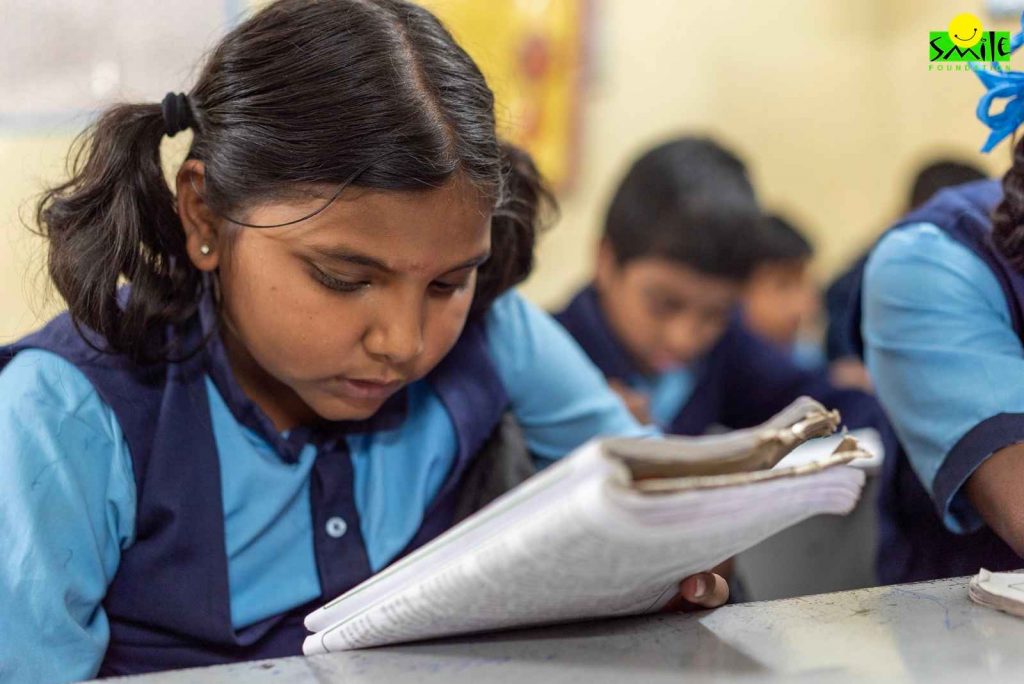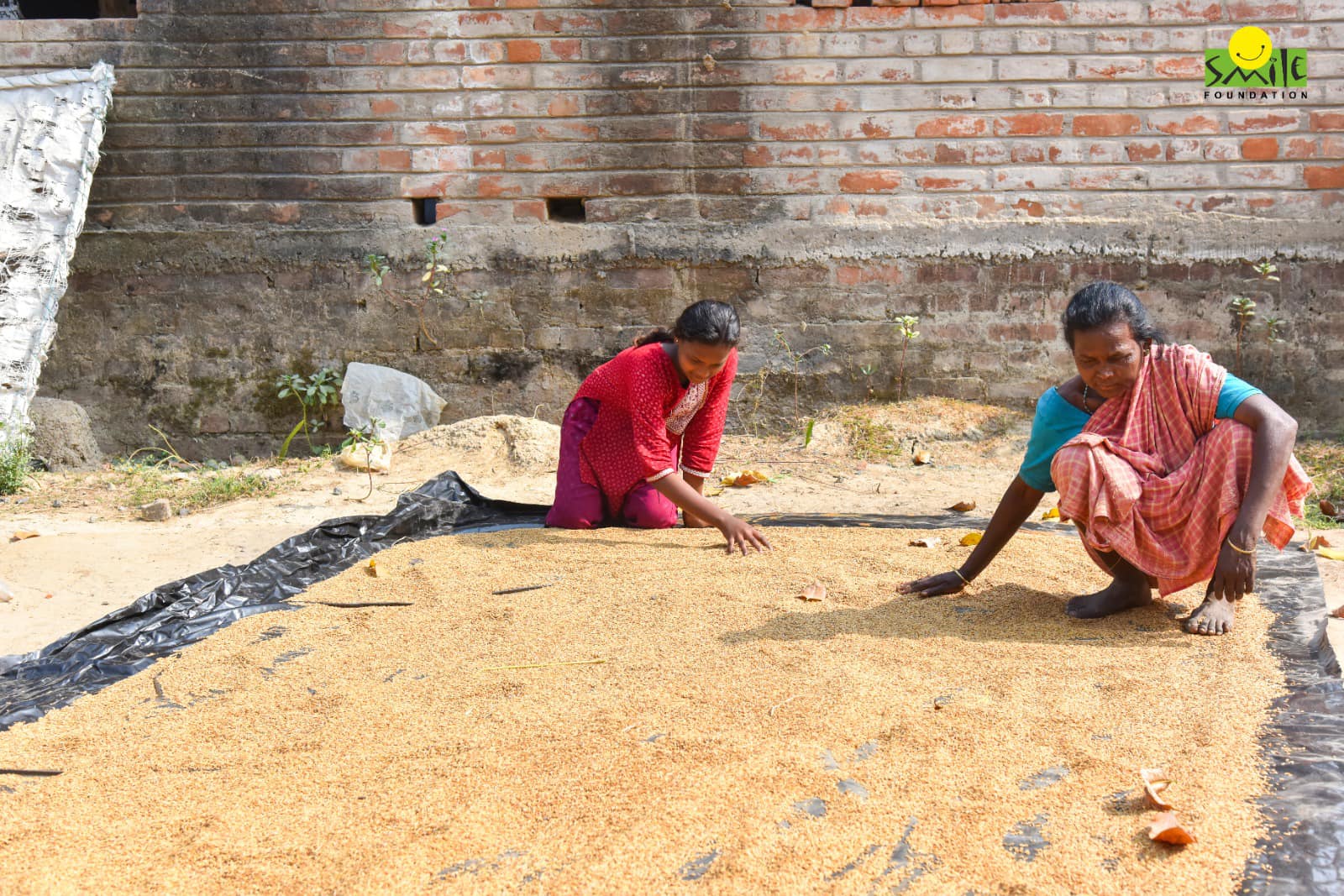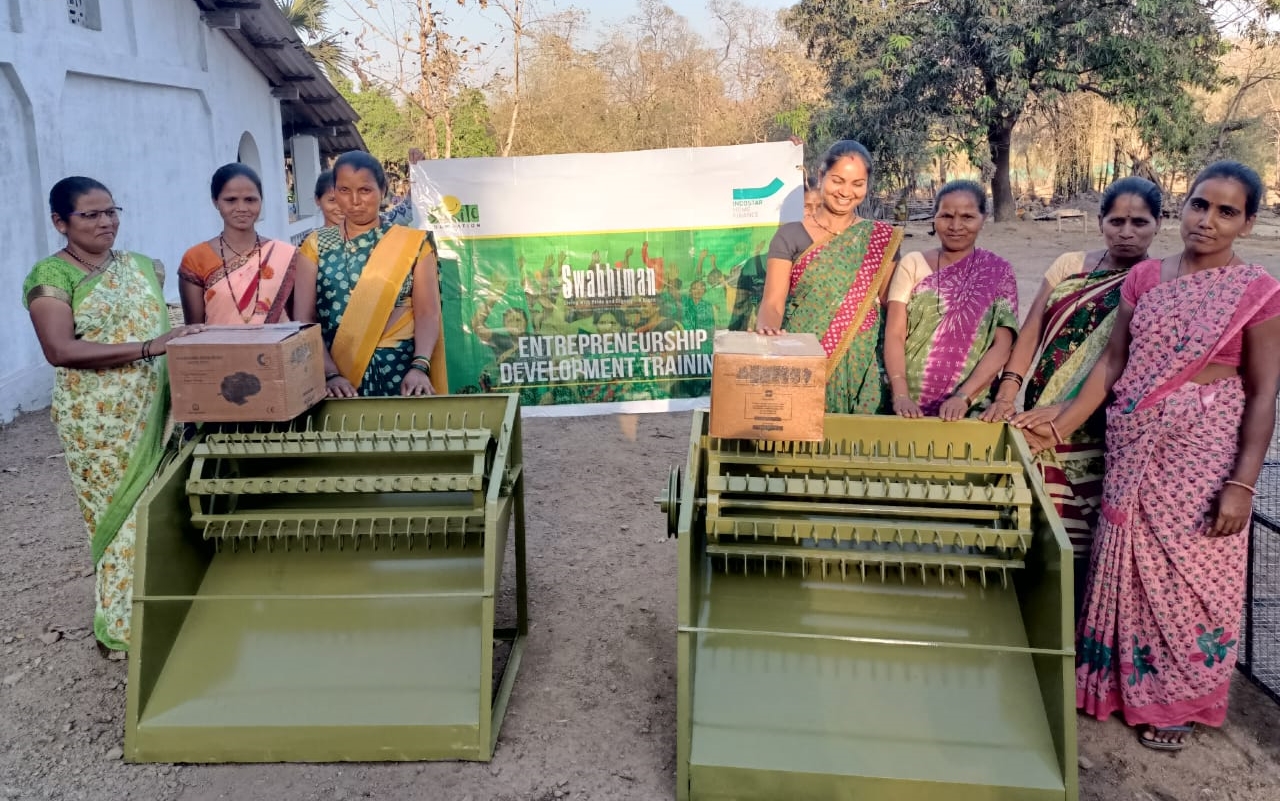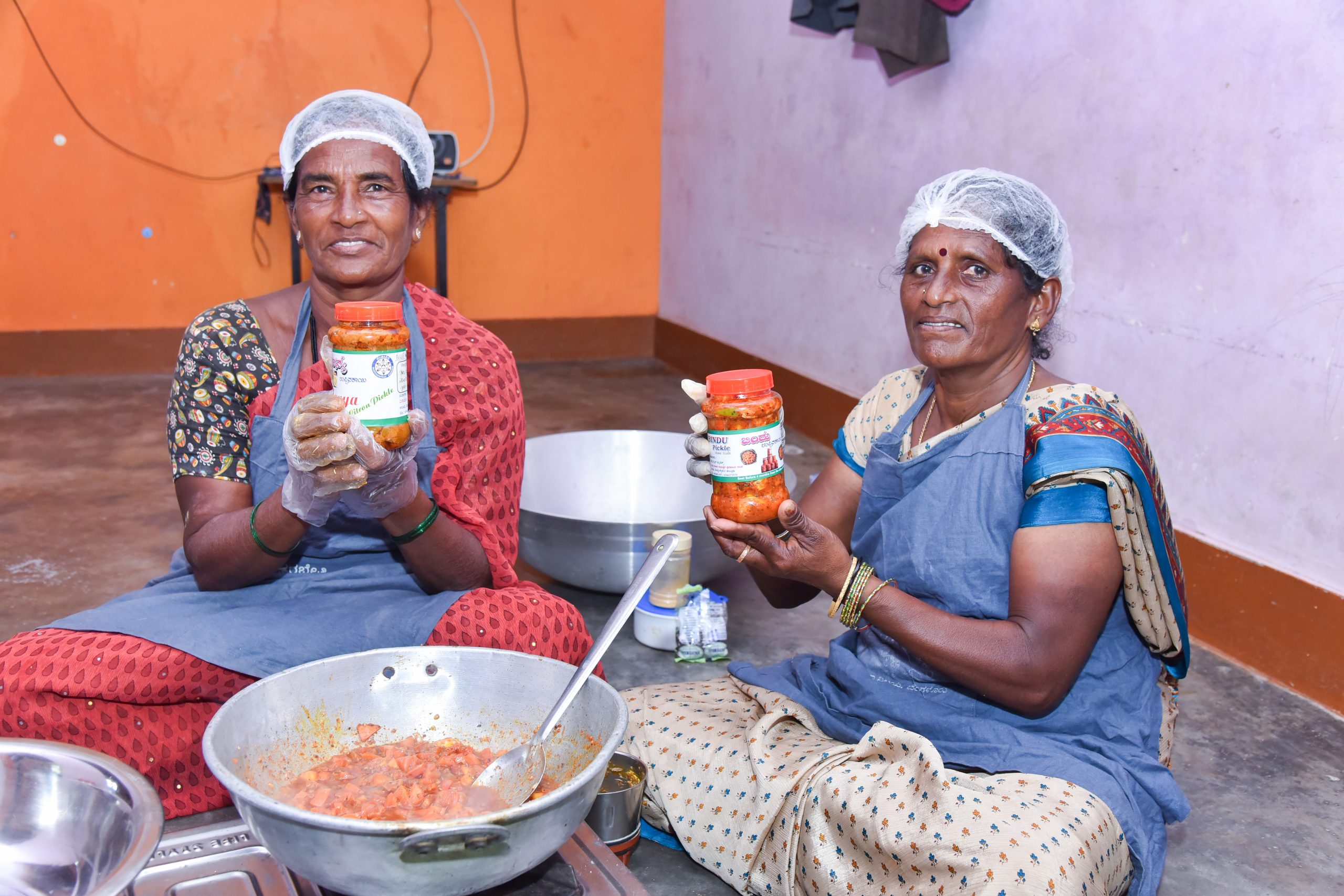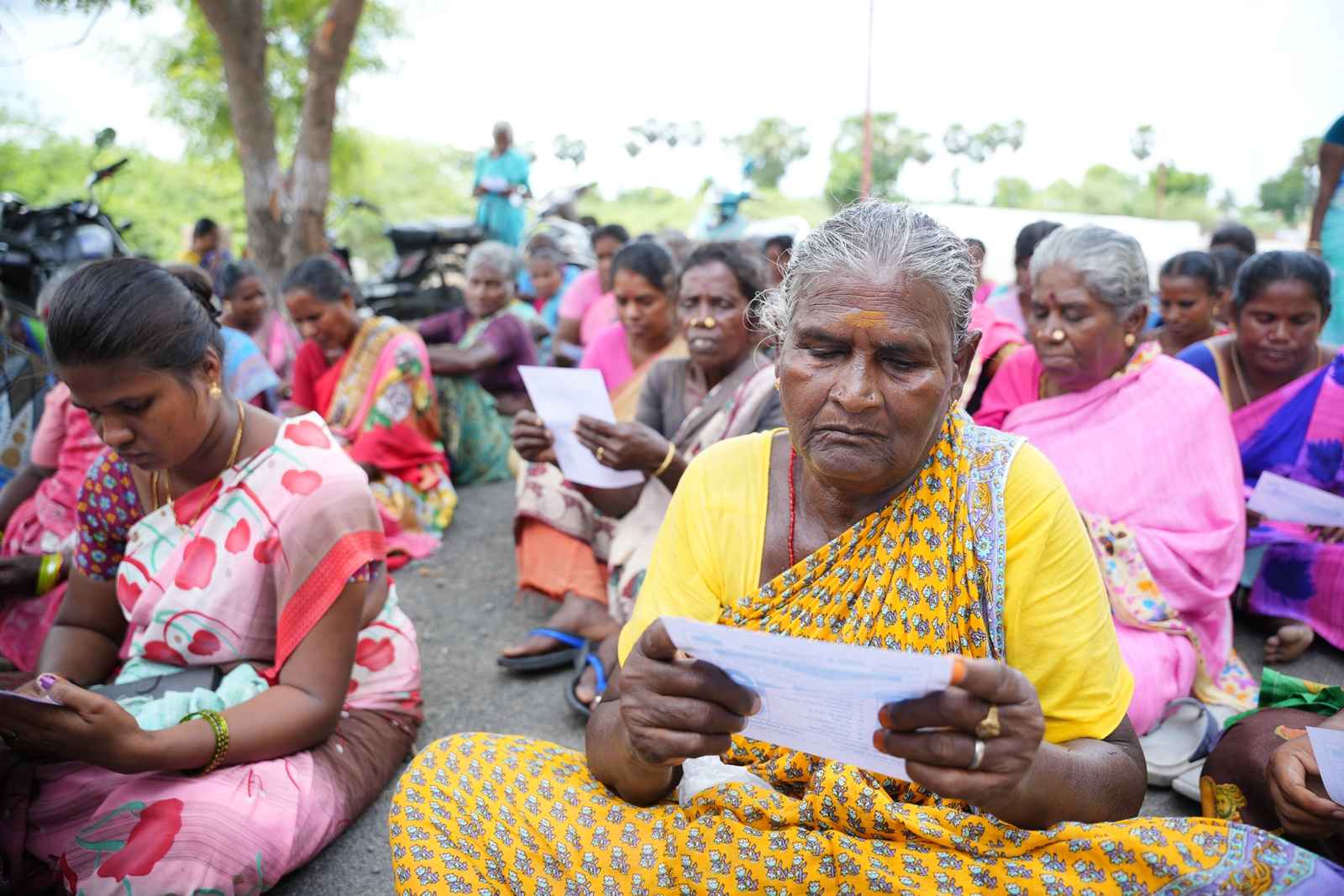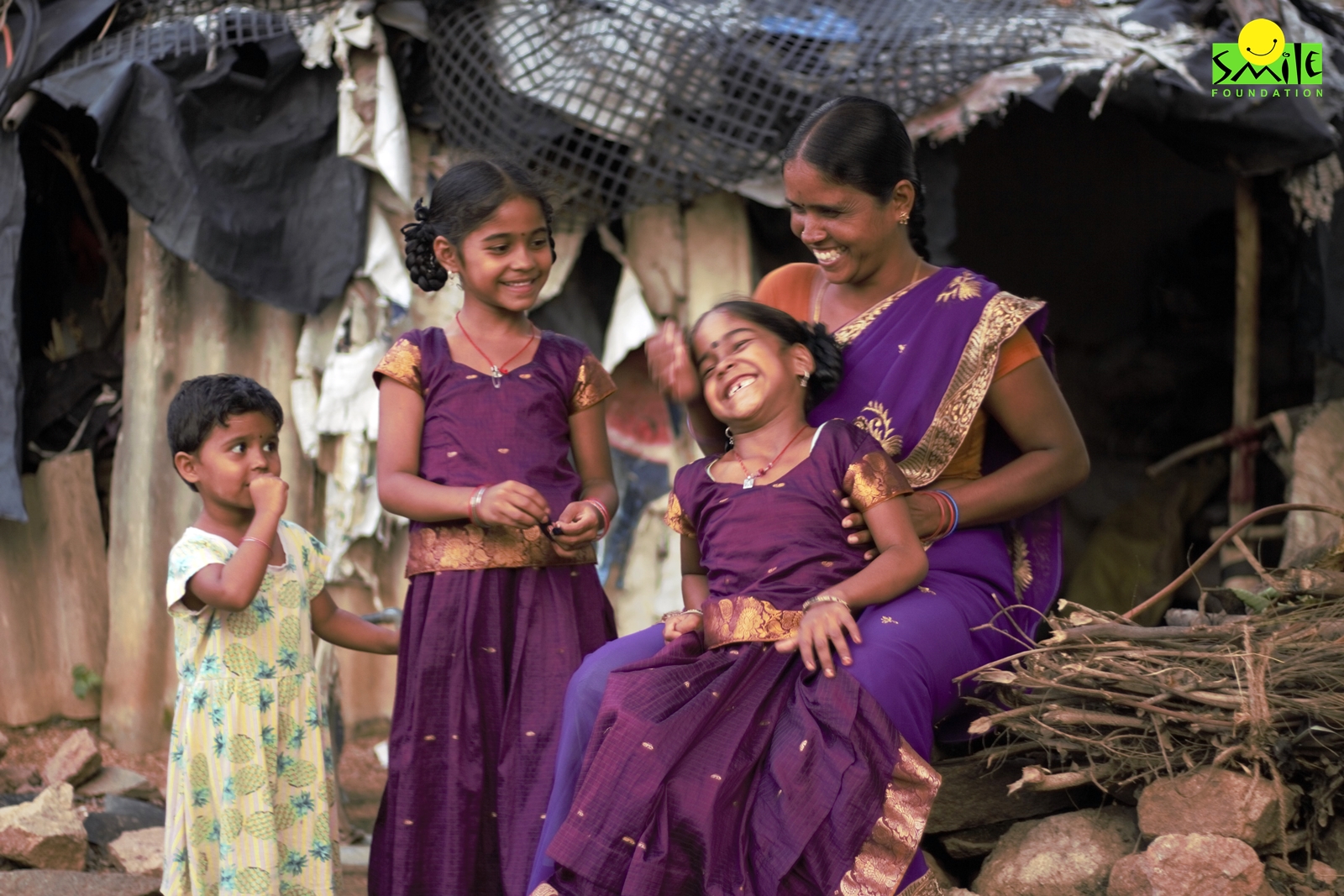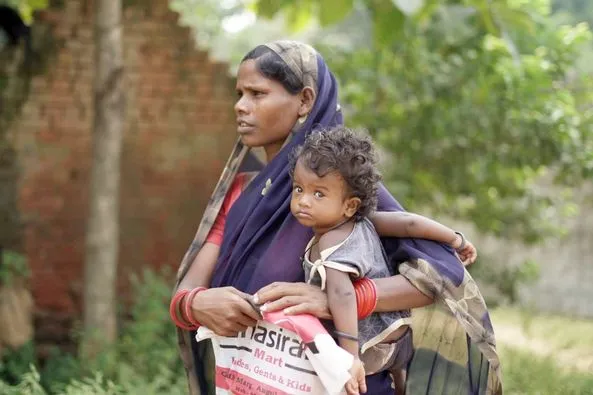When the United Nations released the Sustainable Development Goals (SDGs) from 2015 to 2030, it made it apparent that the goals could only be realised with the participation of multiple stakeholders, such as governments, civil society members, educators and citizens globally. It was said that those working in relevant fields could help bridge knowledge and action gaps to accelerate progress towards the SDGs.
Non-governmental organisations (NGOs) also have a crucial role in this framework. They can monitor progress, highlight problem areas, and lobby for integrating and streamlining SDG-specific policies, thereby holding governments and businesses accountable. Embracing this pivotal role in realisingSDG goals, Smile Foundation has been extending its work across various fields to create impact.
Our work is significantly rooted in the idea that civil society must proactively participate in the development to kickstart a process of sustainable change. Since our inception, we have embarked on over 400 projects with a need-based approach, spanning 27 states and 2000 villages, continuously striving to push the envelope further.
From the 17 SDGs, our prime focus is on good health (SDG 3), quality education (SDG 4), gender equality (SDG 5), good jobs and economic growth (SDG 8) and partnership for the goals (SDG 17). The COVID-19 pandemic has had devastating impacts on all these aspects.
Stop learning losses
A study conducted by the UN revealed that learning losses affected four out of every five of the 104 countries examined. Additionally, projections indicate that by 2030, approximately 84 million children and young people will still be out of school. This underscores NGOs’ critical role in collaborating with governments to ensure children return to school, stay there and mitigate learning losses.
Specifically in India, despite enacting the Right to Education (RTE) Act in 2010, which ensures free and compulsory education for all children aged 6-14, there has been uneven progress in learning outcomes across different demographics. Challenges such as socio-economic disparities among parents and inadequate school infrastructure continue to hinder access to quality education. Recognising our responsibility in this ecosystem, Smile Foundation actively addresses educational inequality by implementing initiatives that support children from disadvantaged backgrounds in achieving equitable learning outcomes.
Skilling and Vocational Education
In today’s technology-driven world, many of the fastest-growing industries and occupations demand strong STEM (Science, Technology, Engineering, and Mathematics) skills. At Smile Foundation, we have significantly emphasised promoting STEM learning, which is crucial in driving innovation. We have established STEM labs at 12 locations and have distributed DIY activity kits for hands-on, activity-based learning to build critical thinking skills, particularly among underrepresented students.
Additionally, we are working towards enhancing the centre infrastructure by implementing smart class setups, integrating educational software and providing educational tablets to students. Concurrently, we are actively involved in vocational training initiatives, aligning with the National Education Policy’s goal of introducing vocational learning from Grade 6 onwards. Project Manzil—conducted in collaboration with IPE Global—is dedicated to preparing secondary school students to make informed career choices and become job-ready. This initiative trains girls in various fields, such as IT, healthcare, beauty & wellness, retail, apparel, home furnishing, etc. The aim is to empower young individuals with the skills and knowledge necessary to thrive in today’s competitive job market.
Healthy people do better in lives: A need-based approach on healthcare
The Sustainable Development Goals (SDGs) also underscore a commitment to ensuring healthy lives for all and promoting well-being across all age groups. In the realm of healthcare, Smile Foundation is dedicated to advancing these goals by promoting universal health coverage and alleviating the burden on the government healthcare system. Our healthcare interventions aim to provide essential primary healthcare services directly to underserved communities in both rural areas and urban slums. The objective is to reach vulnerable populations who lack access to basic healthcare facilities due to financial constraints.
As of 2022-23, our initiatives have benefitted over 1 million individuals, 75 percent of whom are women. This focus is particularly crucial in a country where healthcare disparities are pronounced among underrepresented communities. We focus on urban slum dwellers, particularly those facing significant health challenges due to low health awareness and the economic burden of losing wages to seek medical care.
Our efforts further extend beyond healthcare provision to include improving basic sanitation facilities, recognising the fundamental role of hygiene in preventing illnesses, and promoting community health. This encompasses conducting training sessions to educate young children and individuals in underrepresented areas on essential practices such as hand washing, proper sanitation, and hygiene.
This goal can only be realised by implementing strategies that address these issues at their roots and continually seeking improvement.
Women entrepreneurs and caring for their nutritional health
Our 2005 programme, Swabhiman, focuses on marginalised and socially excluded women by intervening through a need-based approach in areas such as nutrition, healthcare, and livelihoods to empower women through innovative community practices. Swabhiman enables women to access healthcare services, instigate sustainable changes in their communities, and supports them in gaining awareness, skills, and financial independence. The project has impacted over 1.5 lakh women, along with nutrition enhancement support to over 35 thousand women and children. This holistic approach aims to create lasting impacts and advance gender equality, aligning with the objectives of the SDGs.
The country can only prosper and embark upon its path of economic prosperity by uplifting grassroots communities and helping small business owners become entrepreneurs who can craft long-term, sustainable solutions. We believe in assisting them with the necessary resources to become field leaders. Our work includes providing training and capacity building, as well as supporting social innovators with the required funds and encouraging them to raise additional funds from locally accessible resources. Between 2022 and 2023, we supported over 100 social initiatives and community-based organisations to complement the Government of India’s ‘Atmanirbhar Bharat’ initiative. This is apart from our direct intervention projects where we go in and set-up the infrastructure and human resource support with the support of various related government departments.
All hands on the deck
Our lifecycle approach caters to the overall needs of an individual for a life of better quality through dignity and financial independence. All our seven programmes- Mission Education, Health Cannot Wait, Swabhiman, STeP, Empowering Grassroots, Child for Child and Disaster Response are created through a need-based approach and customised keeping in mind the evolving needs of the country’s low-income communities. We are looking forward to partnering with more brands who prioritise social-causes into the DNA of their work and hope to create real change.



